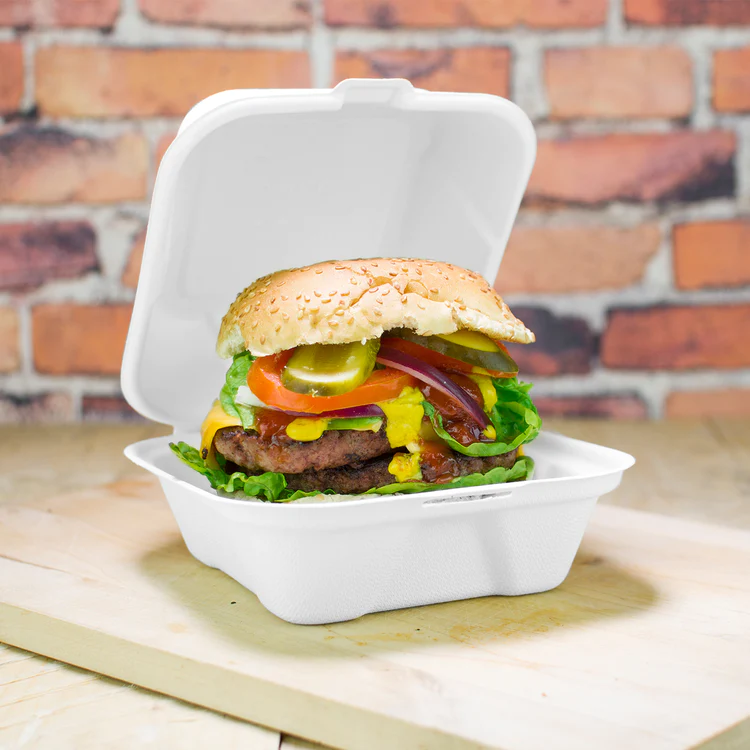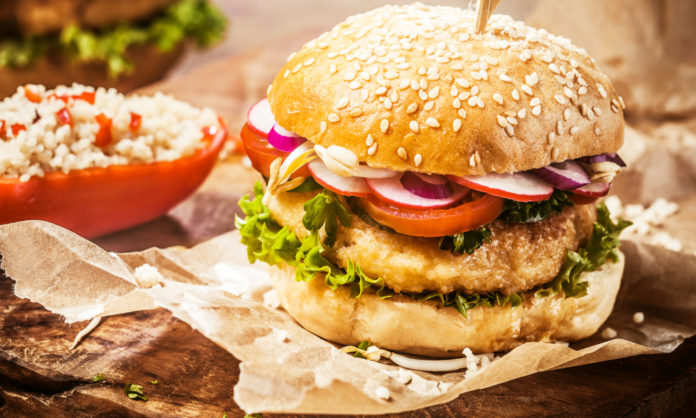In the near future, your fast-food burger might be covered in seaweed. Fries, nuggets, and hamburgers can be a tasty treat. However, the packaging’s environmental impact can give you second thoughts. They frequently arrive in plastic that is resistant to oil. In order to prevent your treat from sticking, this packaging is frequently coated with environmentally hazardous compounds like polyfluoroalkyl substances (PFASs), which contribute to plastic pollution. These synthetic compounds can build up in the environment and in people’s bodies.

A German biomaterials developer and Australian researchers from Flinders University have collaborated to develop a biopolymer based on seaweed. Dr. Zhongfan Jia, the director of the Flinders Institute for Nanoscale Science and Technology, explains that it is just as recyclable as paper. The structure of the seaweed extracts is comparable to the natural fibers used to make paper, according to Dr. Jia. The innovative specialized processes, which make minor changes to the seaweed’s grease-resistance property, do not compromise the coated paper’s capacity to degrade or be recycled.
Seaweed To Make An Impact
The South Australian coastline is home to seaweed. Now, the German biomaterials business “one five” is attempting to scale up production from the lab to the factory. According to Claire Gusko, a co-founder of the business, the device may be fantastic news for the environment. With this product, she claims, “We are able to lessen hazardous plastic pollution, and we are also employing feedstock that is environmentally regenerative. Cultivating seaweed helps to naturally restore marine habitats, lower greenhouse gas emissions, and lessen coastal erosion.”

MNCs Taking Active Steps
Even multi-nationals such as Nestle are taking active steps to reduce their plastic usage. Following Nestlé’s pledge in 2018 to remove all single-serve plastic from its range and to have 100% of its packaging recyclable or reused by 2025, these are some of the first official proposals that have been made public. The corporation unveiled the Nestlé Institute of Packaging Sciences in December of last year in order to achieve this. Nestlé will create and test new packaging options at this development center in Switzerland for use by all 2,000 of its brands, from Dog Chow to DiGiorno.
The corporation seems to comprehend the extent of the recycling problem, at least based on its public discourse. Although recycling many plastics is technically possible, it is frequently not very practical or profitable for the frequently privately held recycling centers around the world to actually do so.
We must use sustainable inputs upstream to guarantee that the goods are safe for the environment from conception to disposal.
Stay tuned to Brandsynario for the latest news and updates.





































